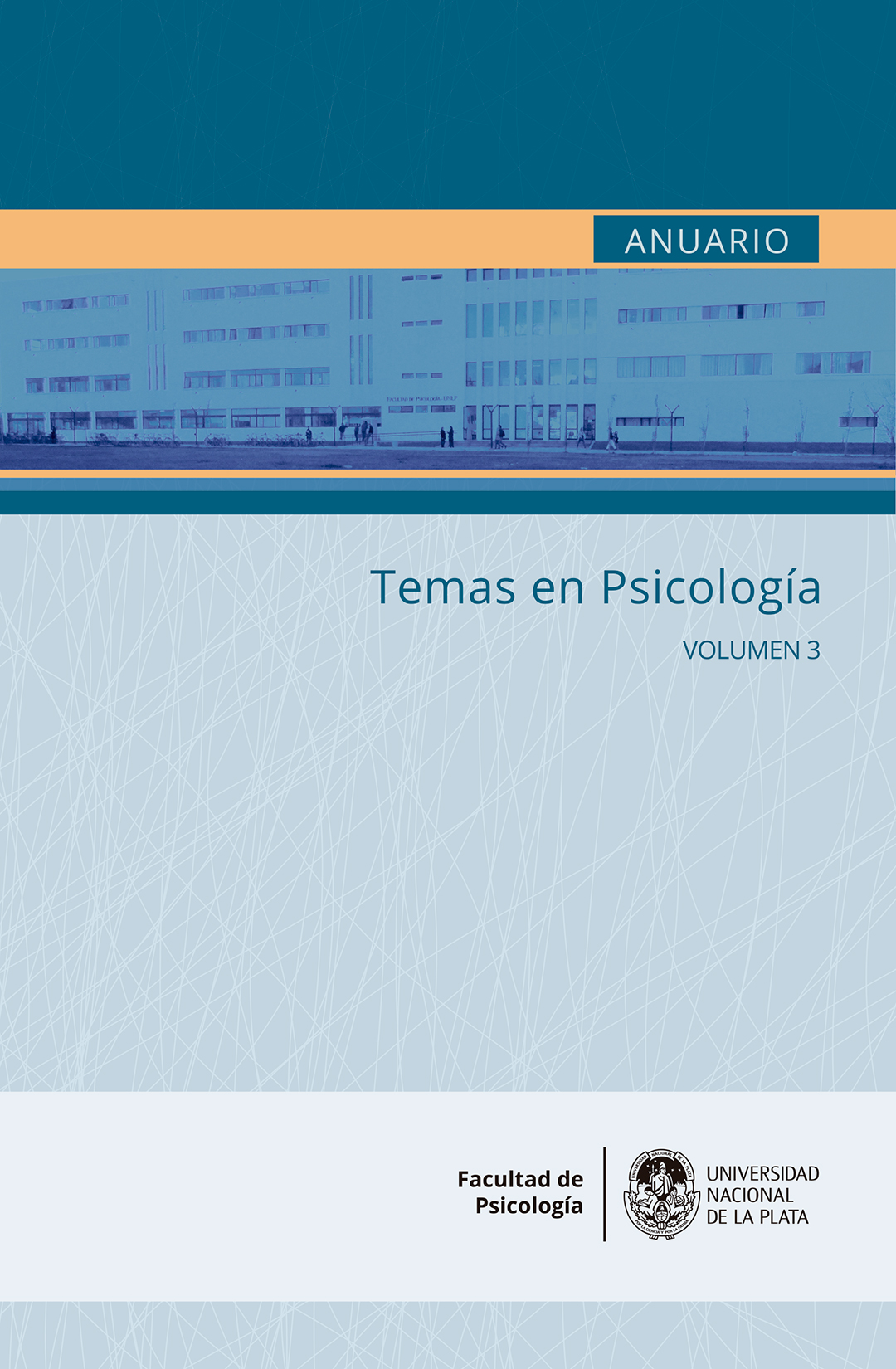Relaciones entre aprendizaje y desarrollo: modelos teóricos e implicancias educativas: agenda de problemas epistémicos, políticos, éticos en el cruce de fronteras entre psicología y educación
Keywords:
aprendizaje, desarrollo, educación, escolarizaciónAbstract
The current work analyses the ways that the relationship between the processes of learning and development have been conceptualized and their relevance for the Educational Psychology field. It focuses on the educational, epistemic, ethical, and political implications that the way of addressing that relationship involves. The Educational Psychology was historically organized at the beginnings of the twentieth century, as the income of the intentionality of using psychological knowledge to found educational practices, and, particularly, the practices linked to school learnings. The psychological theories of learning, development and of the measurement of individual differences seemed particularly interesting to support decision making in Education. The problems that those suppositions generated have been analysed in terms of applicationism and reductionism. The psychological theories of Jean Piaget and Lev Vygotsky constituted theoretical frames with educational derivations, that must be understood in the context of the problems and the questioning that give rise to both perspectives. A particularly significant subject in the Educational Psychology agenda is the directions and the universality of the changes in development: does the human development take universal and only path or multiple and different paths are possible? Theoretic categories proposed by James Wertsch elicit a critical analysis of genetic hierarchies and the understanding of different perspectives of heterogeneity. The subject makes sense in the boundary crossing of psychology and education because of the value judgements and the normative and prescriptive load that development and learning theories keep, in relation to the possible educational practices. It is directly entwined with the debates about the possibility of being educated that people have, the school failure, the inclusion policies and the delimitation of units of analysis in the psycho-educational intervention.Downloads
Downloads
Published
Issue
Section
License
Los/as autores/as cuyos textos se publiquen en la Revista Anuario Temas en Psicología ceden de forma no exclusiva sus derechos patrimoniales en favor del editor. Eso significa que los/as autores/as podrán realizar otros acuerdos contractuales independientes y adicionales para la difusión de su texto publicado en esta revista. Como por ejemplo, incluirlo en un repositorio institucional, temático o de otro tipo, publicarlo en un libro, u otros, siempre que indique explícitamente que el trabajo se publicó por primera vez en esta revista.
La responsabilidad de cada trabajo publicado en cuanto a su contenido recae exclusivamente en los/as autores/as del mismo, deslindando a los editores de cualquier responsabilidad legal.
El material publicado en la revista se distribuye bajo una licencia de Cultura Libre Creative Commons Reconocimiento Internacional 4.0 (CC-BY 4.0). Esta licencia permite a otros distribuir, mezclar, ajustar y construir a partir de su obra, incluso con fines comerciales, siempre que le sea reconocida la autoría de la creación original. Los autores de los trabajos publicados en Revista Anuario Temas en Psicología retienen el copyright de los mismos














